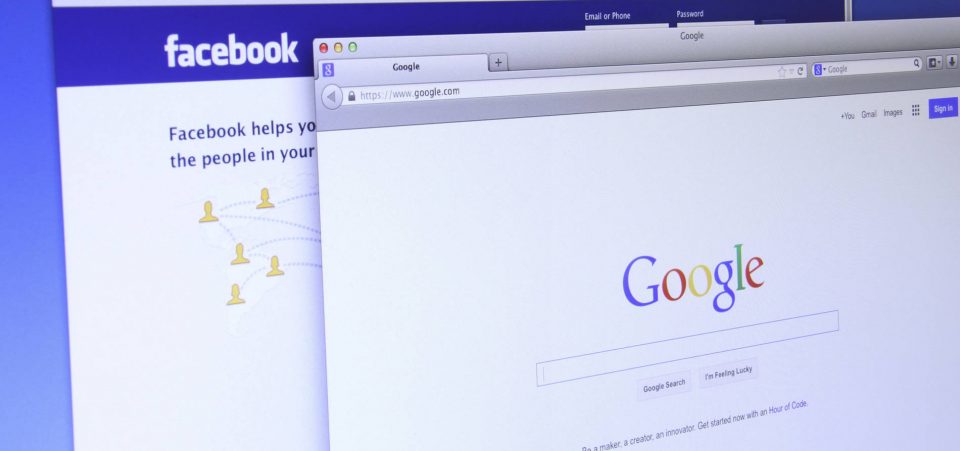Google and Facebook Start to Challenge the Fake News Trend
Alphabet Inc (NASDAQ:GOOG), more commonly referred to as Google, and Facebook Inc (NASDAQ:FB) have started to cut advertising revenues from fake information sites.
The two Silicon Valley giants allegedly took the step after facing criticism for their supposed role in enabling the election of Donald Trump. (Source: “Google and Facebook are cracking down to prevent their ads appearing on fake news sites,” Business Insider, November 15, 2016.)
Google said it would update its publishing policies to ban Google’s ads on deceptive content in the same way it bans misleading advertising. This means pages that distort information about their publishers, or have misleading content in their articles, would face advertising restrictions. Facebook hinted that it would follow a similar policy, specifically mentioning it would target purveyors of “false information.” (Source: Ibid.)
Facebook faced accusations of having published information, or misinformation, that helped Donald Trump win the U.S. presidential election. Facebook co-founder and CEO Mark Zuckerberg rejected suggestions that the social media giant influenced the outcome of the vote. (Source: Ibid.)
Still, Facebook has taken action.
The false news that has been accused of being spread through Facebook included headlines such as the popular “Denzel Washington Backs Trump In The Most Epic Way Possible.” Not a single thing in that article was even remotely true, but it had been shared on Facebook more than 10,000 times. Other articles hoped to incite civil war in case of a Hillary Clinton win. (Source: Ibid.)
But the problem is pervasive; it affects all media and it has become increasingly difficult to distinguish legitimate from “fake” information sites. Google uses “AdSense” and Facebook uses “Audience Network” to allow content providers to display ads on their websites. Content providers get paid based on the number of clicks. (Source: “Google and Facebook ban fake news sites from their advertising networks,” TechCrunch, November 15, 2016.)
Both companies already have strict policies for their ad networks. For instance, you can’t use Google AdSense on a pornography website. Google uses a combination of algorithms and human moderation to decide whether a site is eligible to use its advertising service. Facebook’s efforts to weed out fake media sites, however, would have affected right-wing web sites in a disproportionate manner.
The Pew Research Center said that some 44% of Americans get information directly from Facebook. A person’s “News Feed” tends to be optimized to gather interest and generate feedback. Such has been the concern that the growing influence of social media in elections will surely become a topic of discussion at the next Google and Facebook—and probably many others—board meetings.






